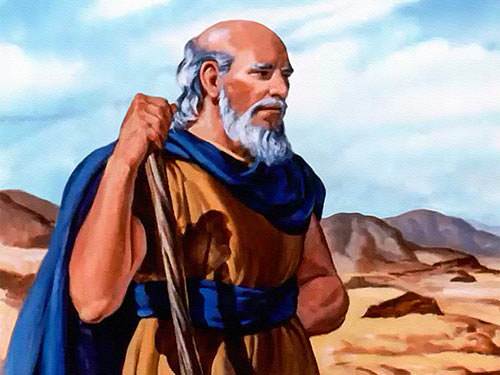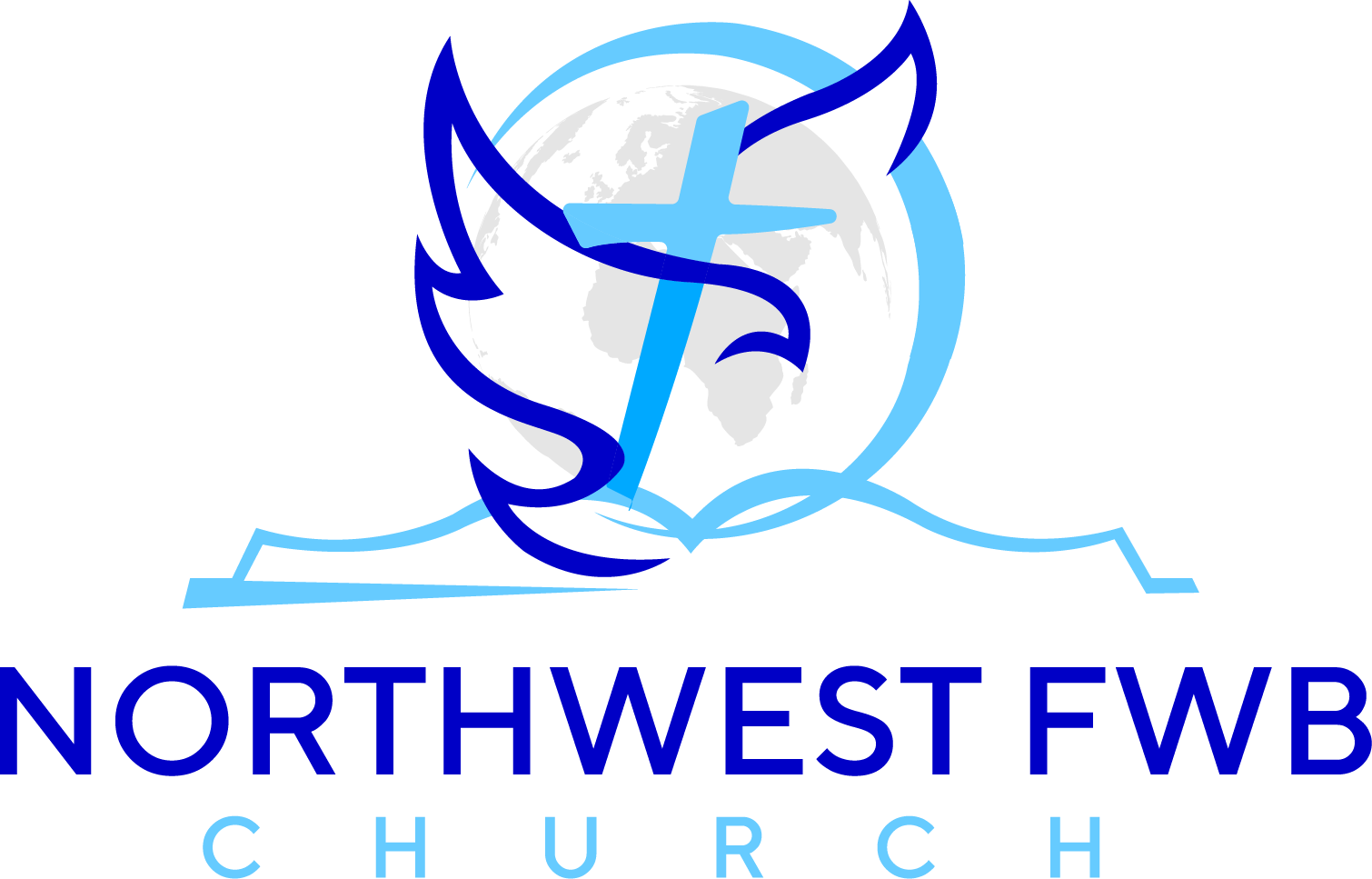Pastor Mike's Blog

An Unsung Hero
Scripture: 2 Kings 4:43
“Give it to the people, that they may eat; for thus says the LORD: They shall eat and have some left over.” (NKJV)
Introduction: Have you not discovered that God’s provision always comes at the right time and often from an unexpected place? Try for a moment to put yourself in the position of Elisha and these trainee prophets at Gilgal. For seven long years, famine had plagued the land (8:1). No doubt, the faith of the sons of the prophets was being tested. This little community at Gilgal had been delivered from the danger of unwholesome stew but their troubles were not yet over. In a climate of economic deficiency and shortages, the natural reaction is predictable: selfishness and covetousness! Read More
1. A Donation for Elisha (v. 42).
In verse 42, we read about a kind-hearted stranger, of whom we know nothing other than what is told us in these verses. There’s enough to indicate that here was a man who had a heart for the Lord’s servant in his time of need and who went to some trouble to minister to him in his season of distress. The Lord cares and provides for His people (see Phil. 4:19). Let’s look at the gift that was brought. There was something:
A. Scriptural about It.
This man brought his firstfruits to Elisha (v. 42). Concerning firstfruits, we read in Exodus 23:19 (NKJV), “The first of the firstfruits of your land you shall bring into the house of the LORD your God” (see also Num. 18:813). Remember that during this time Baal worship and idolatry had been established in the land (1 Kin. 12:28, 16:31; 2 Kin. 3:3). This servant boycotted the corruption to bring his firstfruits to the servant of the Lord. Do we go against the tide, against our materialism and self-service to sacrifice for God’s purposes?
B. Sacrificial about It. The man also saw his responsibility to God despite the needs his family may have had, and the drought that had taken place. Surely, he had needs and could have hoarded this wealth.
2. A Demand from Elisha (v. 43).
Elisha might have easily reasoned that he had no responsibility to share this gift. Many Christians have that reasoning, saying “I’ll give after my loans are paid,” or, “After my children leave the house, I’ll have money to give.” Elisha gave generously during such time of need. Notice the interaction between Elisha and his servant.
A. The Attitude Conveyed to His Servant. What had been sacrificially given to Elisha was now sacrificially given to others. Why has God been so good to us? Paul tells us that we have provisions to do His good work (2 Cor. 9:8). Have you received a promotion at work? Have you prospered in business? The Lord blesses us so that we might bless others.
B. The Challenge Presented by His Servant (v. 43).
What Elisha was given would only feed ten people at the most. His servant surely thought there would be nothing left for himself. Do you believe that your giving or offering will leave you with less than enough? The Bible opposes this teaching (see Prov. 11:24, 25). Small faith produces tight fists; people who clinch their money do not cling to faith.
C. The Scripture Was Confirmed for His Servant (v. 43).
Elisha shows us that his life was lived for the Lord and for others. He trusted God for the supernatural, to multiply the little food he was given. He anticipated not only sufficiency, but also surplus, and indeed there was. God is always liberal in His giving (James 1:5). What’s your faith like in times of crisis? Are you fully persuaded that what God has promised He will provide?
3. A Distribution by Elisha (v. 44).
Notice how the story ends. Elisha supplies the needs of the people. This story relays the Old Testament counterpart to the New Testament’s feeding of the 5,000 (Matt. 14:16). Not one person went hungry. Everyone was satisfied. God can do this in us today (2 Cor. 9:8). Not only this, but the provision surpassed the needs of the people. God meets sacrificial giving with supernatural blessing (see Phil. 4:18). This farmer came to feed a prophet and fed 100 others! We never know how God will use what we give.
Conclusion: Will you give what you have to the Lord? He will take it, bless it, multiply it, and use it to the blessing of His people, for His kingdom’s sake.

- Accept others thoughts and ideas – Keep the core Doctrines of the Church, but don’t let secondary issues drive a wage between the Church.
- Disagree with someone with love and respect. Don’t come across like you have the “only” true gospel. This will drive a wedge between you and the people you with.
- Allow the Spirit to speak to your heart in prayer – Pray is the key hear. If you don’t pray about you attituded and having the Spirit keep it in check – this will drive a wedge between you and God.
